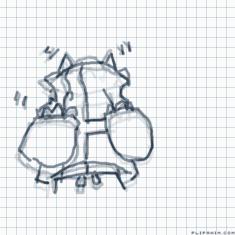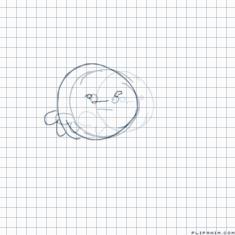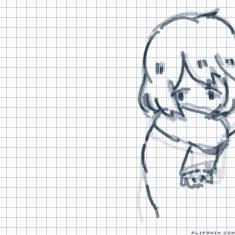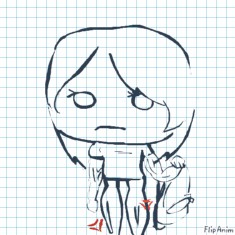Q&A with me (Ask me)


6 comments

Honney34
01.02.2020 19:42
Link
Déjà vu (/ˌdeɪʒɑː ˈvuː, - ˈvjuː/ (About this soundlisten)[1][2]; French: [deʒa vy]) is the feeling that one has lived through the present situation before.[3][4][5][6] The phrase translates literally as "already seen". Although some interpret déjà vu in a paranormal context,[7] mainstream scientific approaches reject the explanation of déjà vu as "precognition" or "prophecy". Rather, they explain it as the feeling that one has lived through the present situation before.[3][4][5][6] An anomaly of memory whereby, despite the strong sense of recollection, the time, place, and practical context of the "previous" experience are uncertain or believed to be impossible.[8][9][10] Two types of déjà vu are recognized: the pathological déjà vu usually associated with epilepsy or that which, when unusually prolonged or frequent, or associated with other symptoms such as hallucinations, may be an indicator of neurological or psychiatric illness,[11] and the non-pathological type characteristic of hea

Bendydragon[OP]
01.02.2020 19:44
LinkONLY QUESTION SIS!

Honney34
01.02.2020 19:45
LinkIn the most general terms, a reason is a consideration which justifies or explains an action, a belief, an attitude, or a fact.[1]
Reasons are what people appeal to when making arguments about what people should do or believe. (Those are reasons in the normative sense.) For example, that a doctor's patient is grimacing is a reason to believe the patient is in pain. That the patient is in pain is a reason for the doctor to do things to alleviate the pain.
In another sense of the term, reasons are explanations of why things happened. (These are reasons in the explanatory sense.) For example, the reason the patient is in pain is that her nerves are sending signals from her tissues to her brain.
A reason, in many cases, is brought up by the question "why?", and answered following the word because. Additionally, words and phrases such as since, due to, as, considering (that), a result (of), and in order to, for example, all serve as explanatory locutions that precede the reason to which they refer.

Bendydragon[OP]
01.02.2020 19:47
LinkI HATE YOU!







